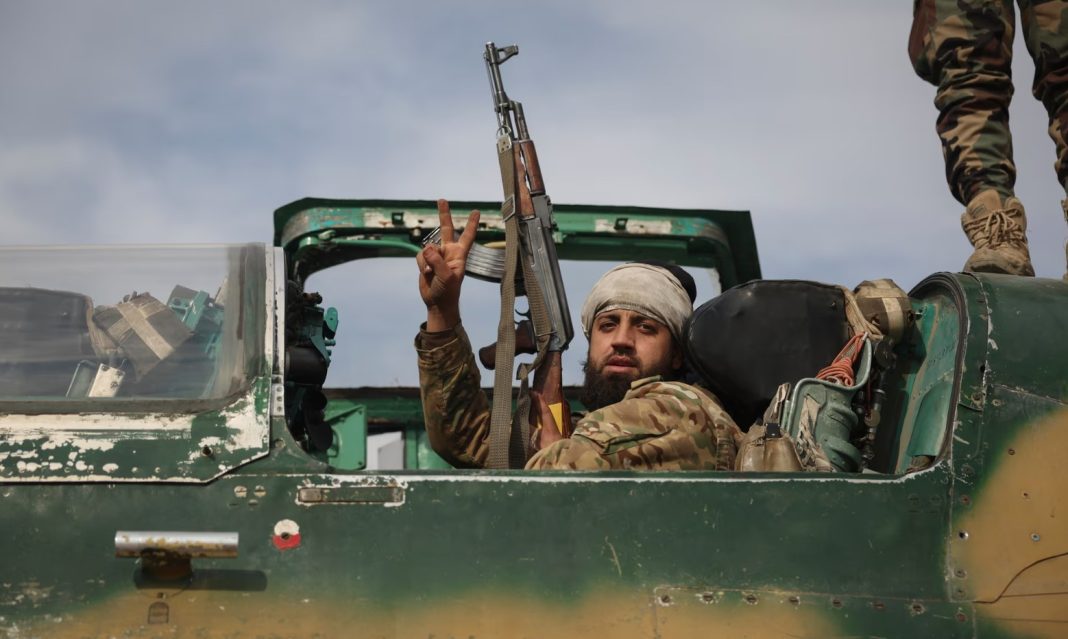The delegation, which included Syrian Foreign Minister Asaad Hassan al-Shibani, Syrian Defence Minister Murhaf Abu Qasra, and Syrian intelligence chief Anas Hasan Khattab, met with Turkish President Recep Tayyip Erdogan and their respective Turkish counterparts.
“We have extensive experience in collaborating with third countries in the fight against terrorist organisations, and we aspire to establish similar cooperation with the new Syrian administration,” said Turkish Foreign Minister Hakan Fidan during a joint press conference with Shibani after hosting the delegation in Ankara.
“We are ready to leverage our capabilities in this area, from intelligence sharing to military capacity-building.”
Fidan added that Ankara was prepared to provide operational support in the fight against the Islamic State (IS) group and statedd that Turkey had already taken steps toward this goal in recent days, though he did not provide specific details.
Turkey also announced it would not tolerate the partition of Syria, indirectly addressing the US-backed Syrian Democratic Forces (SDF) and their self-declared autonomy.
The SDF, dominated by groups linked to the Kurdistan Workers’ Party (PKK) – designated as a terrorist organisation by Ankara – remains a contentious issue between Turkey and its western allies.
Shibani echoed Fidan’s stance, stressing the importance of preserving Syria’s territorial integrity.
“The new administration prioritises removing threats to Turkey originating from Syrian territory,” he said.
“We envision a unified Syria, where all territories are governed under the central administration.”
Shibani also highlighted the need to disband armed groups, including the SDF, which have operated within Syria for the past 14 years. He announced plans to hold a national conference in the coming months to form a transitional government and establish a new administration representing all ethnic and religious groups in Syria.
While the US and its allies credit the SDF with defeating IS in Syria and managing camps and prisons housing IS fighters and their families, Fidan suggested that Turkey could support the new Syrian administration in taking over the management of these facilities if Damascus gains control.
Turkey has emerged as a key player in Syria following the collapse of Syrian President Bashar al-Assad’s government in December.
Fidan said Ankara would continue to assist Syria in various areas – including energy, transportation and reconstruction – as directed by Erdogan. He also called for the lifting of international sanctions on the new administration to ensure the provision of essential services across the country.
“I would like to extend my gratitude to the Republic of Turkey and the Turkish people for their support since the Syrian revolution,” Shibani continued, adding, “Turkey and Syria have forged a new chapter in history, one rooted in brotherhood.”
